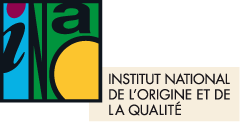Organic farming
In this section you'll find all the useful information you need about organic farming and its players, as well as legal and technical tools and benchmarks for professionals involved, or about to be involved, in organic farming.
What is organic farming?
Organic agriculture (AB) is a production method that combines optimal environmental practices, respect for biodiversity, the preservation of natural resources and the assurance of a high level of animal welfare.
Throughout the supply chain, operators engaged in organic production and processing comply with a rigorous set of specificationsthat favor non-polluting, ecosystem- and animal-friendly processes.
It's also a production method that excludes the use of GMOs and limits the use of inputs, favoring the use of natural and renewable resources within locally organized agricultural systems, and strictly restricting the use of synthetic chemicals.
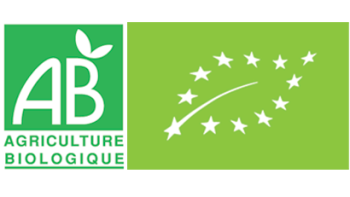
In short, organic farming means
- a system of sustainable management for agriculture
- a wide variety of quality agricultural and food products
- a source of innovations for agriculture, in an agro-ecological approach
Learn more about organic farming
On these pages you'll find all the information you need to better understand organic farming, the role of the INAO, and the various players working to develop it.
Organic farming for professionals
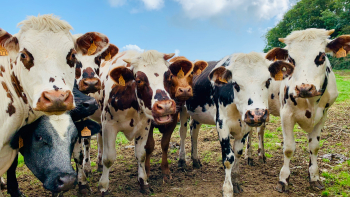
Going organic: how do you get started?
Operators (producers, processors, importers), restaurateurs, importers... Find out everything you need to know to commit to Organic Agriculture.
Find out everything you need to know about the steps involved in going organic
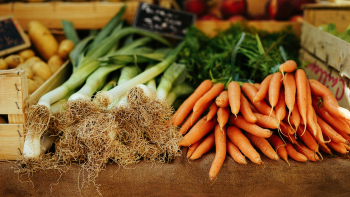
Organic production, processing and distribution: what rules apply?
In organic farming, one set of regulations applies throughout the European Union. Regulation (EU) 2018/848 and its implementing texts specify all the provisions to be complied with.
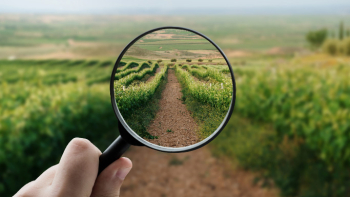
Guaranteeing product conformity: what are the control and certification procedures?
All operators are inspected at least once a year by their certification body. Some operators are inspected several times a year, based on the risk analysis carried out without prior notice by their certification body. Operators benefiting from derogations are also subject to specific or reinforced control measures.
The activity of certifying bodies is itself regularly controlled by INAO services.
The latest news on organic farming
In the current context of budget restrictions for the INAO and contraction of its human resources, the INAO Permanent...
News

News
Organized in all European Union countries for the past four years, European Organic Day aims to raise awareness of...
News
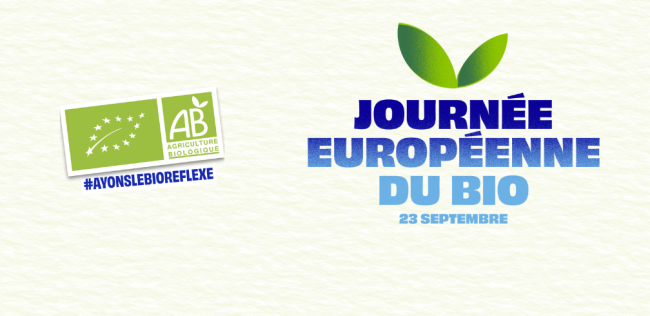
News
CartoBio is an interoperable geographic database that enables organic farming stakeholders and professionals in...
News
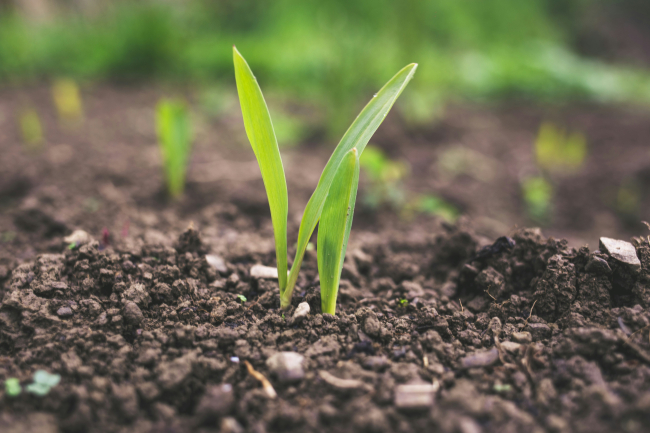
News
